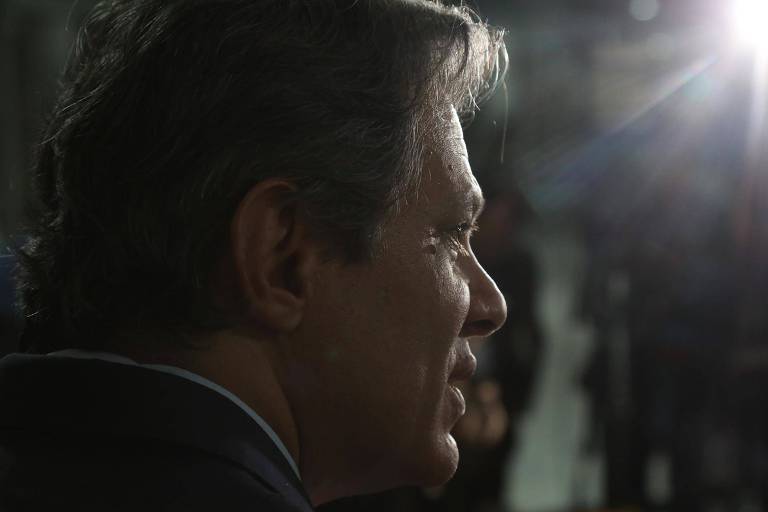If there was already great doubt regarding the ability of the Luiz Inácio Lula da Silva (PT) government to meet the budgetary balance goals announced three weeks ago, the submission of the project for the new fiscal rule to Congress this Tuesday (18th) provided an even more alarming response.
The text indicates that Lula is simply not committed to the goals — and wants to, starting now, get rid of any punishments if the balance between the National Treasury's revenues and expenditures does not reach the expected result.
This is what can be seen in the article that amends the Fiscal Responsibility Law of 2001, to establish that non-compliance with the outlined objectives "does not constitute an infraction" of the law. Thus, the agent escapes consequences that, at the limit, can lead to a lawsuit for a crime of responsibility.
It is worth saying that: if the expansion of the PT government's spending results in a higher deficit or a lower surplus than projected, there is no punishment for the authorities.
The stimulus to imprudence is reinforced in the project with the end of the obligation to promote preventive blocking of payments in case any risks for the fulfillment of the goals are noticed —today, according to the LRF ( Fiscal Responsibility Law) such contingencies are evaluated every two months, according to the most accurate collection estimates.
Devices of this caliber are not in the project by chance. The government realizes, of course, that the chances of obtaining the promised zero deficit in 2024 are remote. This will require an exorbitant increase in the tax burden, already exaggerated, or a cutback in expenses — which one does not want to do.
The only major impact of missing the target will be a tightening of the cap on annual spending growth above inflation, which would drop from 70% to 50% of revenue expansion.
It is not even clear, however, how quickly such a measure would be taken, given that the result of a given exercise is only known in the following year when there will already be a Budget approved and in execution. If non-compliance occurs in the 2026 election year, the account will be left to the next government.
The spending cap inscribed in the Constitution in 2016 leaves the scene, already quite damaged by the electoral offensive of Jair Bolsonaro (PL). A more complicated rule is proposed in its place, full of exceptions and loopholes to circumvent budgetary restrictions.
Some expense control is instituted, which, of course, is better than none. However, what matters is to stop the public debt, otherwise, the economy will be asphyxiated. Congress needs to rigorously examine the project and ensure that the government commits itself, in fact, to realistic and effective goals.
Translated by Cassy Dias
